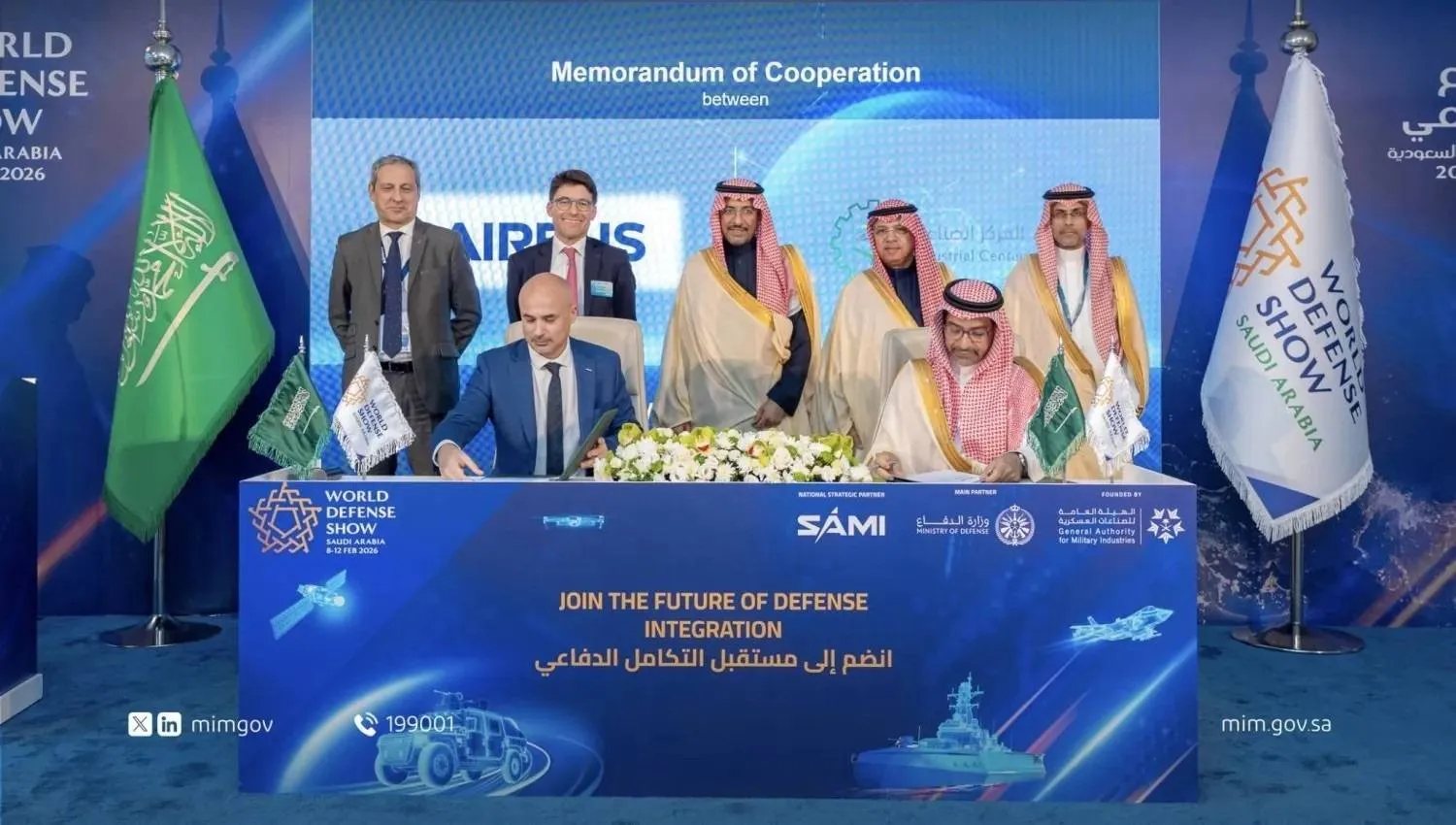In line with the objectives of the third phase of Saudi Vision 2030 and the Public Investment Fund’s (PIF) five-year strategy, Saudi Arabia’s sovereign wealth fund is moving from building sectors to integrating ecosystems, and from launching opportunities to accelerating growth, backed by an open invitation to the private sector to invest and partner in shaping a diversified, resilient economy.
This was outlined by PIF Governor Yasir Al-Rumayyan during the PIF–Private Sector Forum held in Riyadh on Monday.
Al-Rumayyan said the forum has become the largest platform of its kind for capturing partnership and collaboration opportunities with companies, noting that participation has reached 25,000 leaders from the public and private sectors and investors from Saudi Arabia and abroad since 2023.
“In the previous edition, we succeeded in turning dialogue into tangible opportunities for the private sector through programs and initiatives that supported business-environment growth,” he said, adding that more than 140 agreements worth over SAR 15 billion ($4 billion) were signed during the last forum.
Al-Rumayyan explained that PIF is working with the private sector to deepen impact and build an integrated economic ecosystem that drives sustainable growth.
This approach aligns with the investment cycle, beginning with risk-taking to build strategic sectors, establish national champions, and launch initiatives that stimulate local content spending, localize supply chains, develop domestic capabilities and industries, and expand infrastructure, he explained.
He noted that the impact of PIF’s programs and initiatives to strengthen private-sector partnerships has become evident. Spending on local content by PIF and its portfolio companies reached SAR 591 billion ($157.6 billion) between 2020 and 2024, supported by the Musahama Local Content Development Program.
According to Al-Rumayyan, the Contractor Financing Program enabled the execution of PIF projects worth more than SAR 10 billion ($2.6 billion) through innovative financing solutions, raising the participation rate of local contractors in PIF projects to 67 percent in 2025.
PIF has also offered the private sector more than 190 investment opportunities valued at over SAR 40 billion ($10.6 billion) through international partnerships and supply-chain localization, he added.
“The impact has not been limited to financing,” he said. “It has extended to enhancing corporate readiness, building national talent, and creating high-quality jobs, within an ecosystem that applies the highest standards of efficiency, transparency, and governance.”
During a ministerial session, Saudi ministers emphasized that the partnership between PIF and the private sector is the main engine of the Kingdom's economic transformation, driving investment inflows, building new value chains, and empowering non-oil sectors in line with Vision 2030 targets.
Minister of Investment Khalid Al-Falih said a key objective of PIF is to catalyze an unprecedented shift from an oil-dependent rentier economy to a diversified, sustainable one.
The National Investment Strategy, launched in Oct. 2022, aims to inject SAR 12 trillion by 2030, he stressed. More than SAR 6.2 trillion has already been achieved in three and a half years, lifting investment contribution to 30 percent of GDP.
Investment in the non-oil economy has exceeded 40 percent, with PIF contributing about SAR 650 billion of total investments, while over 65 percent came from private-sector institutions, he remarked.
He highlighted a tenfold increase in registered investment companies and a rise in firms using Saudi Arabia as a regional headquarters, from five to around 700.
Meanwhile, Minister of Transport Saleh Al-Jasser said the Kingdom attracted SAR 25 billion in private investment through privatization projects, while total private-sector investment in transport exceeded SAR 250 billion since the launch of the national strategy in mid-2021.
He revealed 16 current investment opportunities across airports, roads, maritime transport, and logistics.
Minister of Municipalities and Housing Majed Al-Hogail said improving municipal-sector efficiency depends heavily on private-sector participation.
He noted that 12 of 21 services identified as eligible for privatization in major cities have been completed, representing about 40 percent of the target. The municipal sector oversees more than seven million workers, around 970,000 establishments, and more than 2,450 professions.
In industry and mining, Minister Bandar AlKhorayef said Saudi Arabia has become a leading global investment destination. He outlined PIF’s three roles: direct investment in promising sectors, building major supply chains, and elevating challenges to policymakers to improve regulations.
He added that adopting Industry 4.0 and artificial intelligence accelerates project delivery and strengthens competitiveness.
Tourism Minister Ahmed Al-Khateeb said tourism has become a key driver of economic diversification. Its contribution to GDP rose from 3.5 percent in 2019 to about 5 percent by the end of 2025, with a target of 10 percent.
Employment in the sector has exceeded one million jobs, while committed investments between 2020 and 2030 amount to about SAR 450 billion, split evenly between PIF and the private sector, he revealed.
He stressed that globally, tourism is run by the private sector as both investor and operator.
The PIF–Private Sector Forum serves as a platform linking supply and demand by connecting PIF portfolio companies with government entities, investors, and private firms. It opens new horizons for partnerships and a new wave of projects that empower the private sector and strengthen its role in the national economy, supporting business growth and the future of the Saudi economy.









